Biotechnology
As the global human population continues to expand, concern has been expressed in various quarters about the finite number of people world agriculture can support. Of particular relevance to this concern is Biotechnology which relates to the comparative efficiency of food production by animals and plants. All animals either directly or indirectly derive their nutrition from plants. Of this intake of food energy, only a small proportion, approximately 10 per cent, is stored and thus available to the next consumer, while the remaining 90 per cent is used by the animal for the various metabolic processes necessary to sustain life. The efficiency of stored energy transfer can be improved through Biotechnology and it is with this end in view that the chapters of this book have been planned. They include, following an Introduction, Molecular Biology of Plants, Gene Cloning, Vectors for Gene Cloning in Plants, Expression of Foreign DNA in Bacteria, Principles of Fermentation Technology, Recombinant DNA Technology, Polymerase Chain Reaction and Monoclonal antibodies. The chapters cover practically all aspects of Biotechnology, which is now considered the solution of the acute food crisis by growing of crops needing less water, disease resistant crops, high-yielding varieties, combining the traits of two or more plants in a single plant and genetic engineering. Biotechnology provides the answers to the many problems facing the world today, and would continue to do so tomorrow. This book explores many vistas of Biotechnology, which will be useful for scientists and students to understand the latest techniques and processes of biotechnology research.
Get it now and save 10%
BECOME A MEMBER

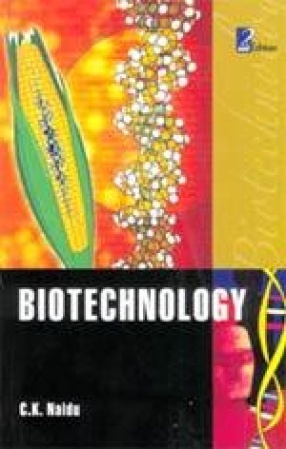
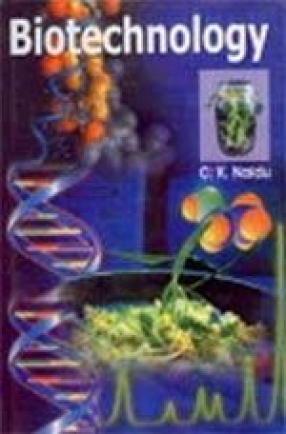
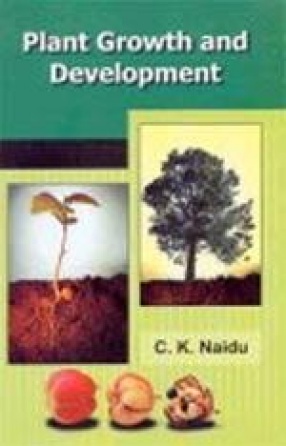
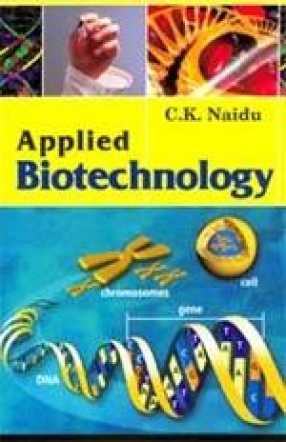
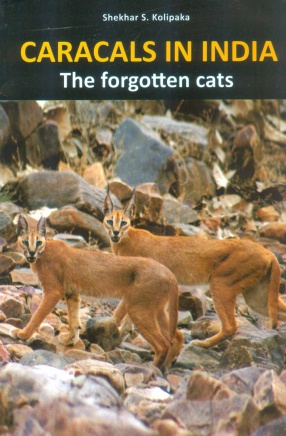
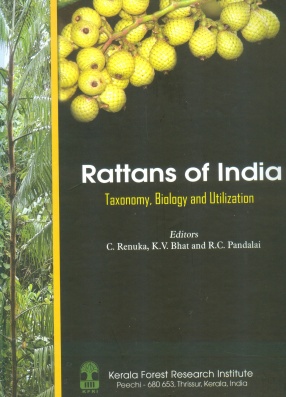
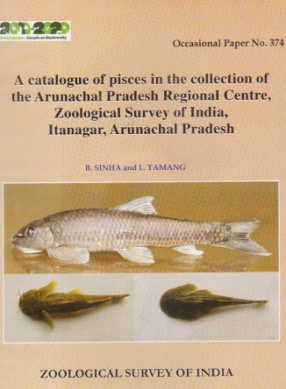
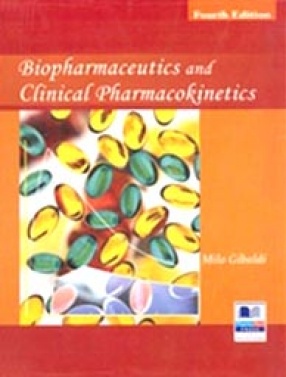

Bibliographic information
Tags